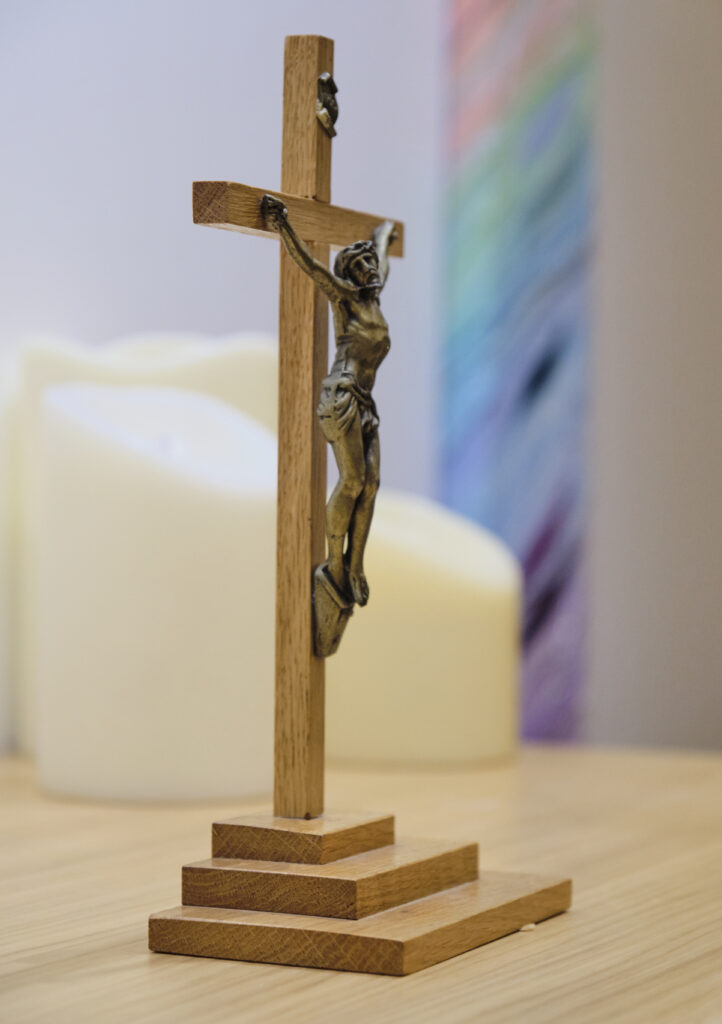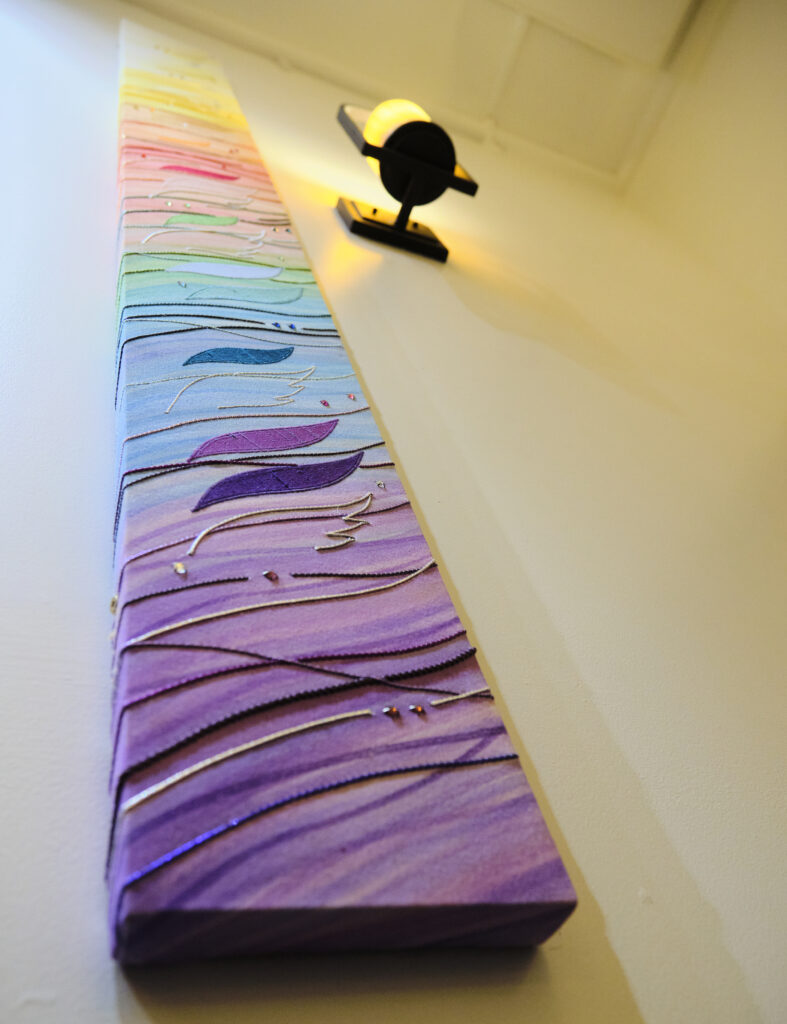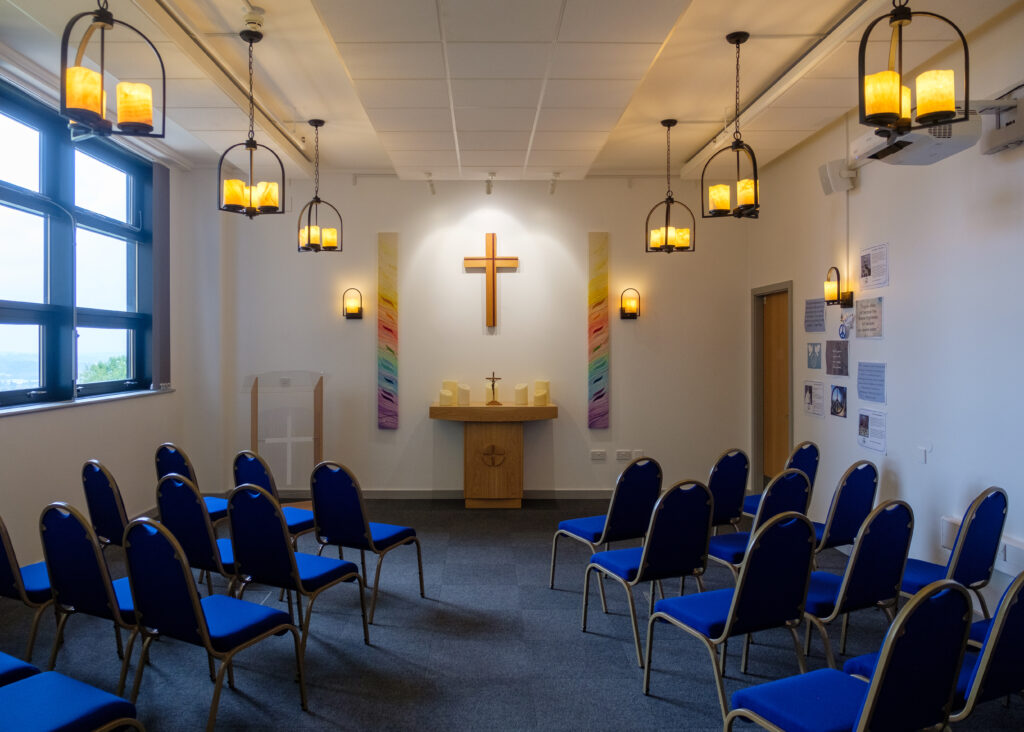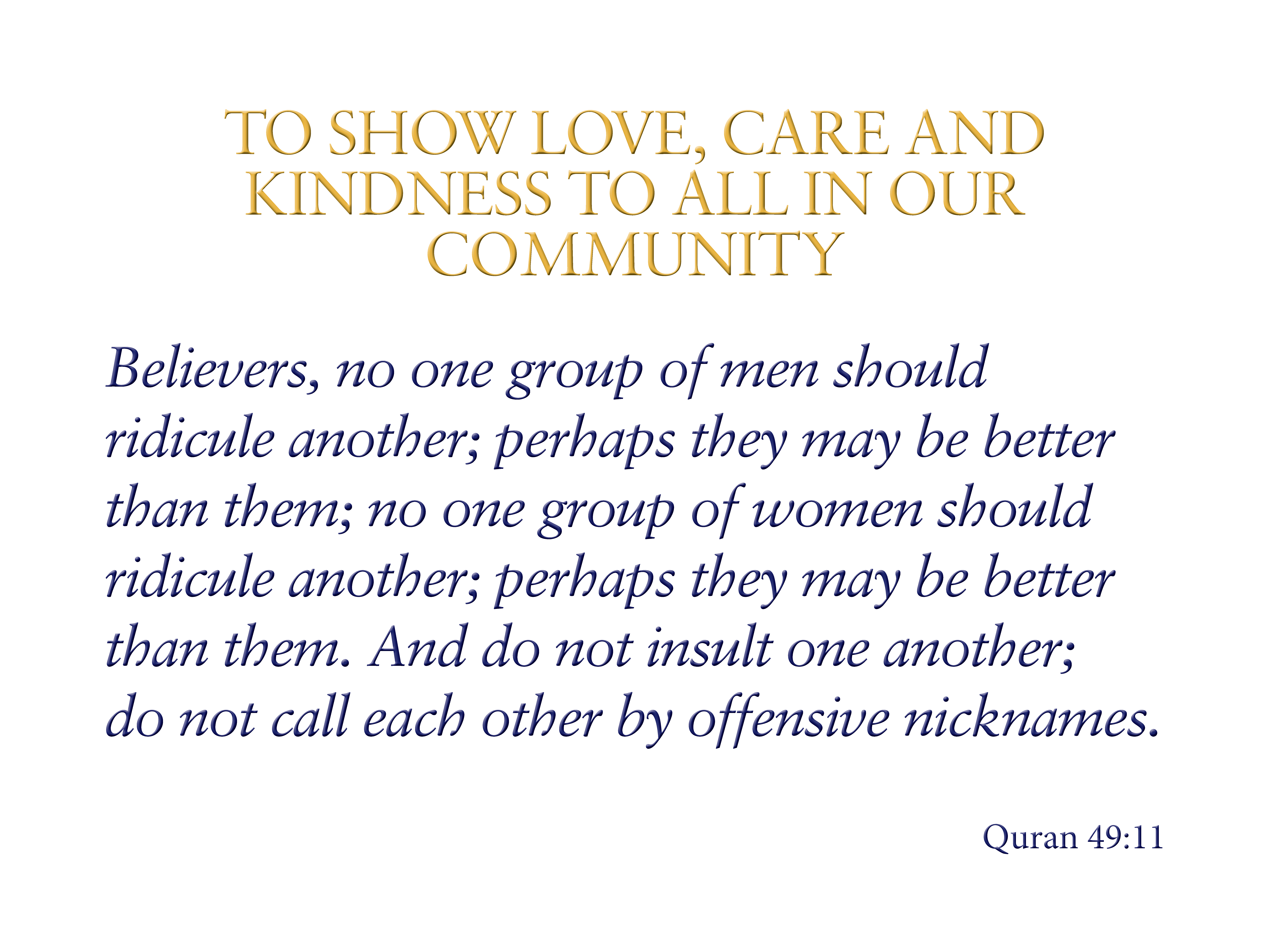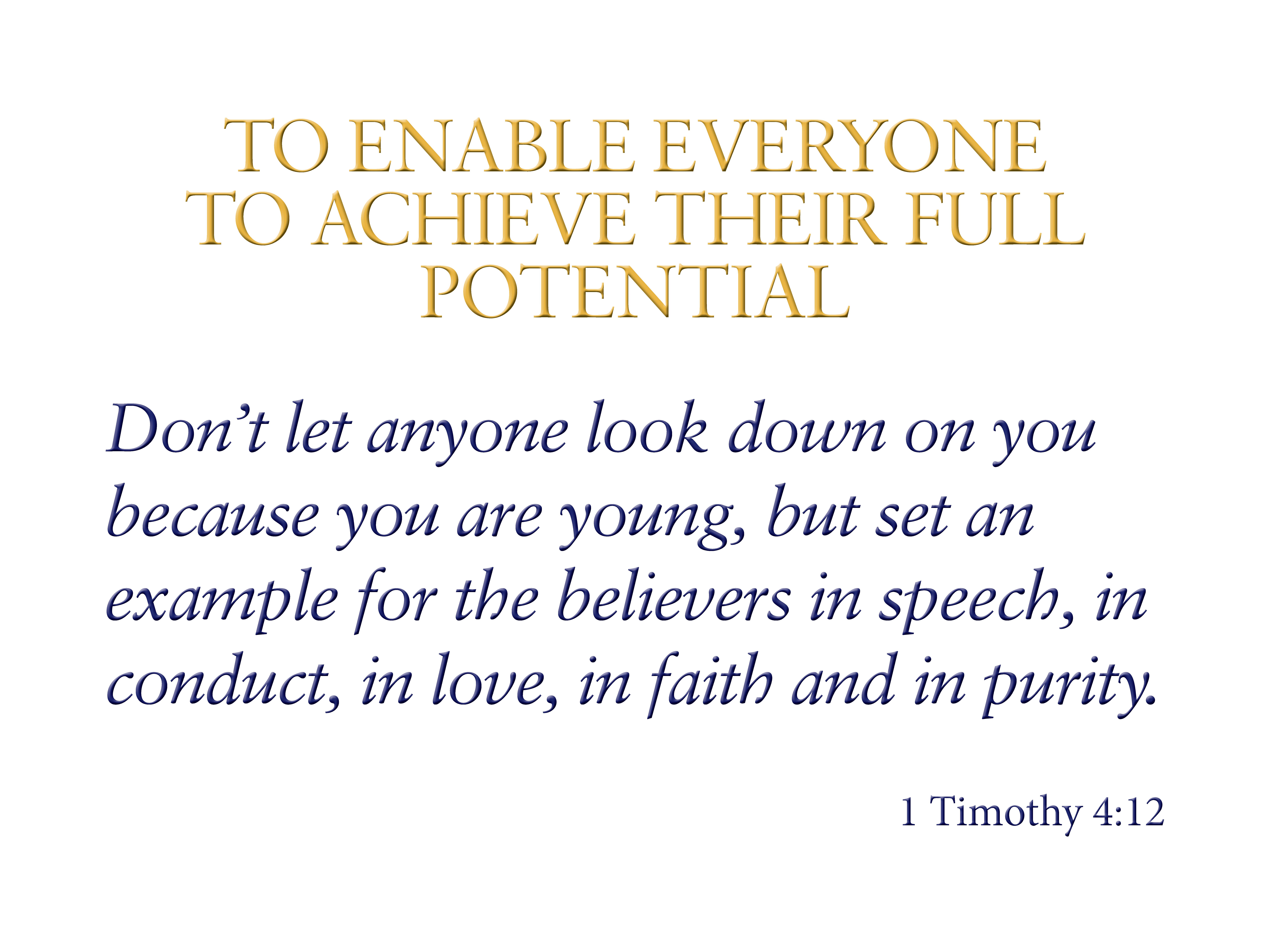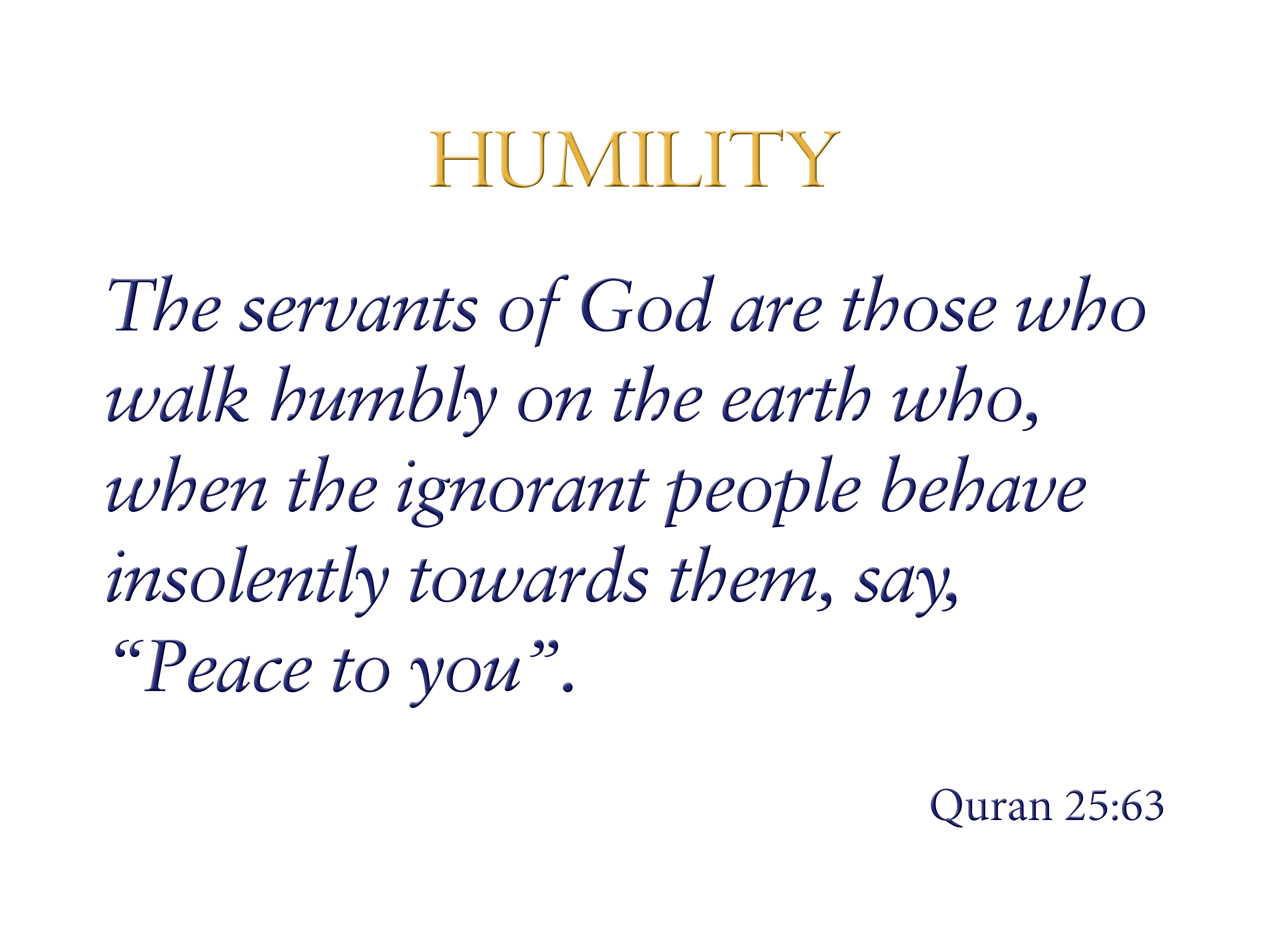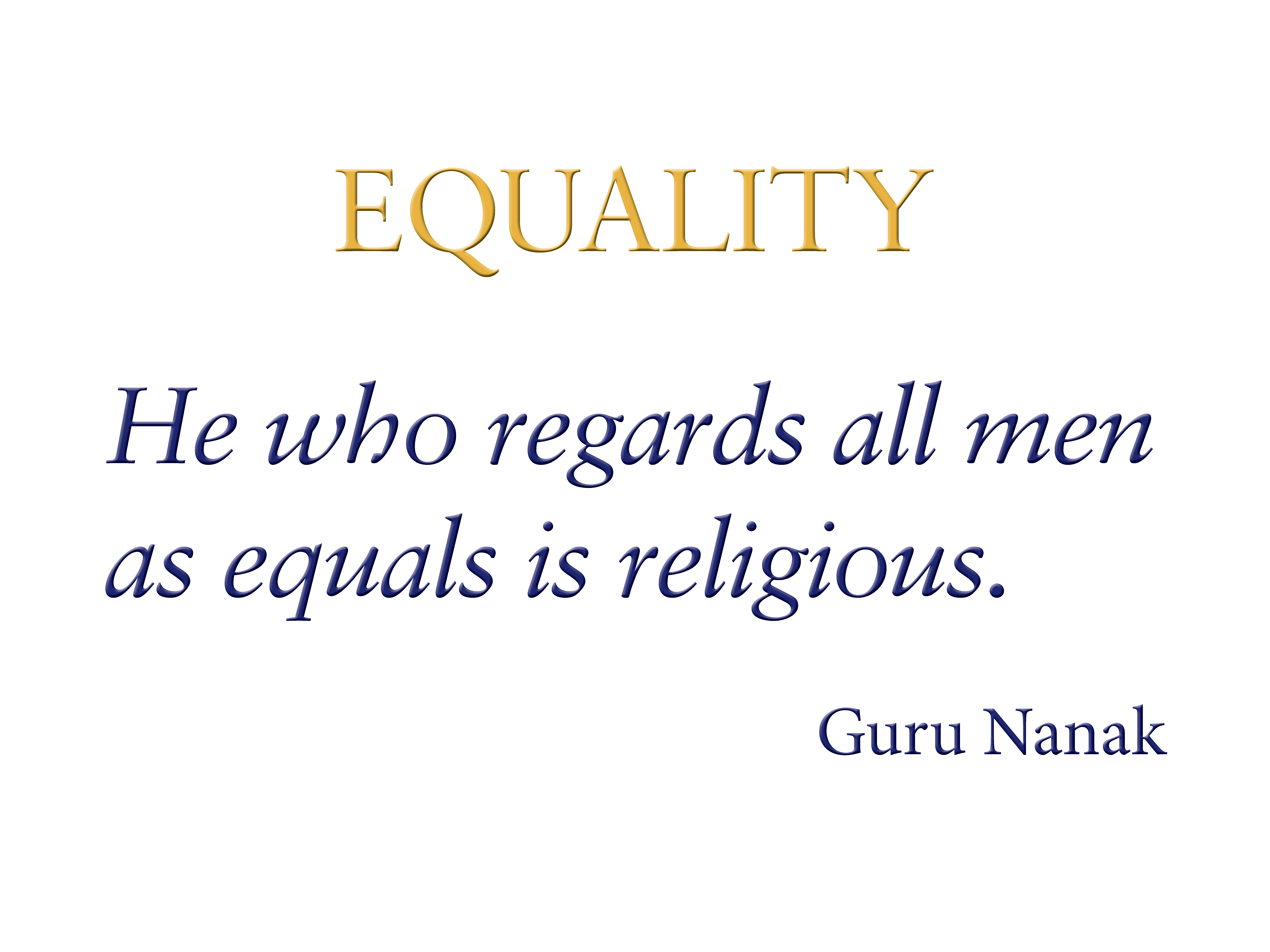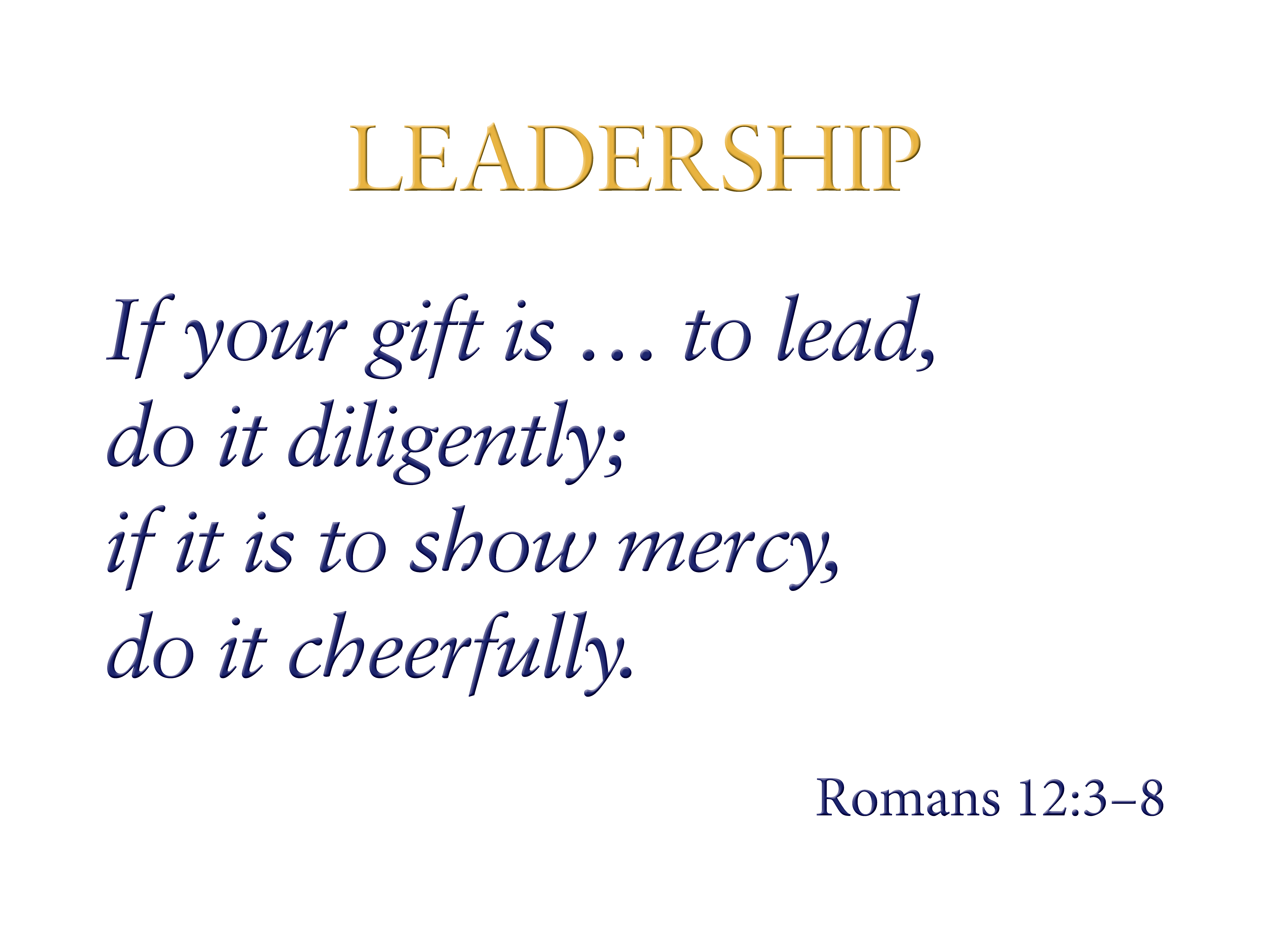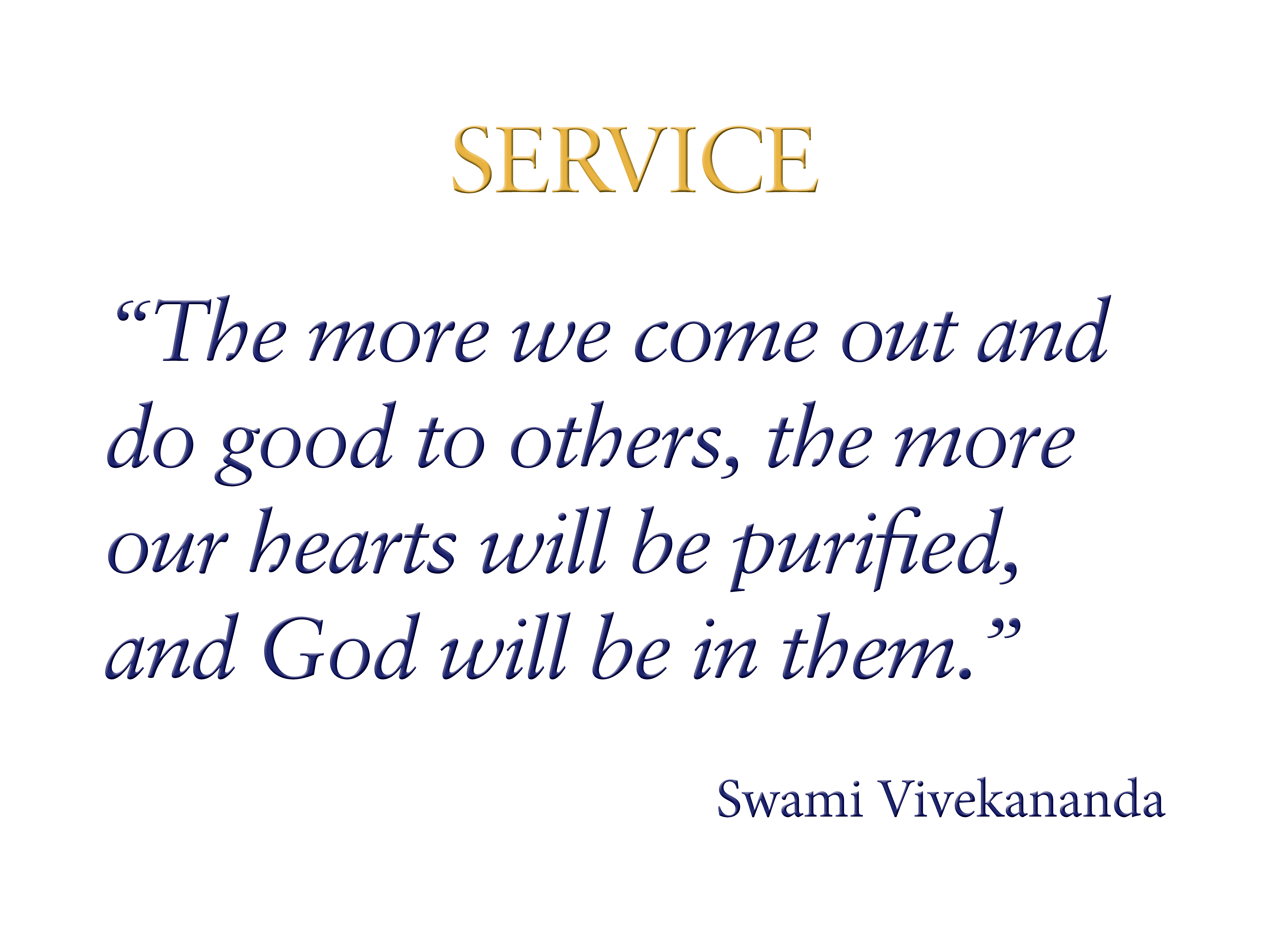What is spirituality?
Spirituality is a broad concept with room for many perspectives. In general, it includes a sense of connection to something bigger than ourselves, and it typically involves a search for meaning in life. As such, it is a universal human experience – something that touches us all. As a Church of England school, we follow the teachings of Christ, and the ethos of the school is at the heart of our teaching and learning. Our school symbol, which includes the Archangel St Michael’s wings, helps us to reflect on both Christian and moral values. Our core aim is to instil values of courage and compassion, honesty, achievement, leadership, and service, all bound within a spirit of Christian love and action.
How we aim to develop a strong sense of spirituality
Students starting our school will visit our local partner church and take part in a service that encourages them to ‘shine their light’. November is a time of remembrance whereby, as a school, we reminisce and celebrate the freedom bestowed by others. Advent begins a build-up to the whole school coming together to celebrate the birth of Jesus in an engaging and creative Christmas service. Lent commences with various initiatives and events that build towards another whole-school celebration of Easter. As a busy year comes to an end, we say goodbye to our Year 11 students through a special Leavers’ Service, which is their last time together as a year group, and we hold a Key Stage 3 service on the final day of the school year to celebrate achievement and to give thanks for God’s presence in our lives.
At St Michael’s, we encourage spiritual development through a variety of activities and events; some experiences act as a ‘window’. These give students opportunities to become aware of the world in new ways. Other events act as ‘mirrors’, which give our students opportunities to reflect and meditate on life’s big questions and to consider some possible answers. Some of the ways we develop a strong sense of spirituality within the curriculum include:
- ensuring regular time for prayer. This can take many forms but should include being thankful and saying sorry.
- encouraging children to show kindness, caring and compassion, and to express these in practical ways. (e.g., how we treat each other every day; charitable works both locally and globally)
- providing many opportunities for creativity and using the imagination
- providing frequent opportunities for children to explore, express and share feelings
- constantly reaffirming the importance of relationships; emphasising that how we talk to and relate with each other is fundamental
- providing opportunities to express awe and wonder, appreciate beauty in all its forms and appreciate the connections and unity in the world
- encouraging each other to admit mistakes and to say sorry, as recognising and owning up to faults is an important healing and redemptive process
- exploring the ‘Big Questions’ – particularly through our RE programme
- frequently reading to children and giving them opportunities to discuss and reflect. This includes both secular and religious texts, in particular, the Bible.
Our vision is to continue to develop the Christian ethos of the school through fully celebrating our faith as a community whilst encouraging respect for and understanding of other religions.

